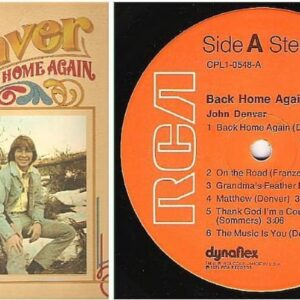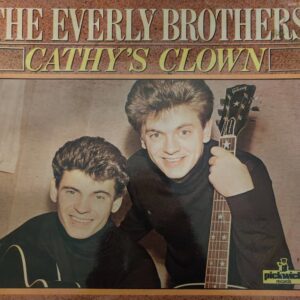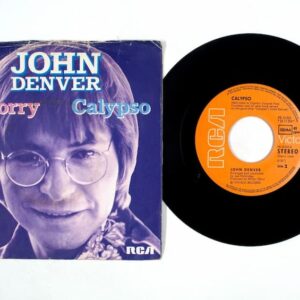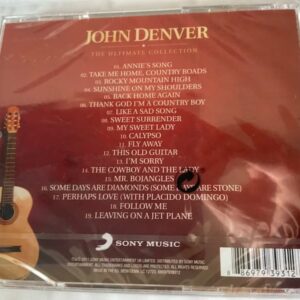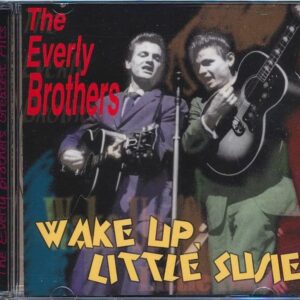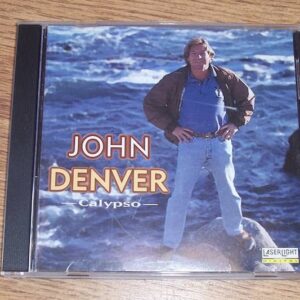Carpenters – “We’ve Only Just Begun”
Written by: Paul Williams & Roger Nichols
Released: October 1970
Genre: Pop, Soft Rock
Album: Close to You
About the Song

“We’ve Only Just Begun” was originally written as a commercial jingle for Crocker National Bank, highlighting the journey of a young couple’s marriage and their promising future. However, when the bank realized their target audience lacked the collateral for loans, they pulled the ad campaign. Despite its commercial origins, the song found new life when The Carpenters recorded it, turning it into a timeless anthem of optimism and fresh beginnings.
Chart Performance and Legacy
The C arpenters’ version of “We’ve Only Just Begun” became one of their signature songs and a defining track of their career. It became a major hit on both the Billboard Hot 100
Background and Production
The song was written by Paul Williams and Roger Nichols, with Williams singing the original commercial version. After the commercial campaign was pulled, The Carpenters, still in their early days with A&M Records, recorded the track. They had just had success with their bre akthrough hit “Close to You,” and “We’ve Only Just Begun” helped cement their reputation as a major force in pop music.
The Carpenters’ version, with Karen Carpenter’s warm and emotive vocals, gave the song a depth that resonated with a wider audience. Their orchestral pop sound, blending lush strings and soft harmonies, became the hallmark of their style.
Impact and Recognition
- Chart Performance: The song was a hit, reaching #2 on the Billboard Hot 100 and #1 on the Adult Contemporary chart.
- Cultural Influence: It became an enduring anthem for weddings and new beginnings, often played at ceremonies and celebrations to this day.
The Carpenters went on to sell more than 90 million records worldwide, making them one of the most successful acts in music history. Their success continued with numerous hits, but “We’ve Only Just Begun” remains one of their most iconic songs.
Conclusion
“We’ve Only Just Begun” marked a pivotal moment in The Carpenters’ career, not only helping to define their sound but also securing their place in pop history. A song that started as a simple commercial jingle transformed into a song of hope and promise, resonating deeply with generations of listeners.
